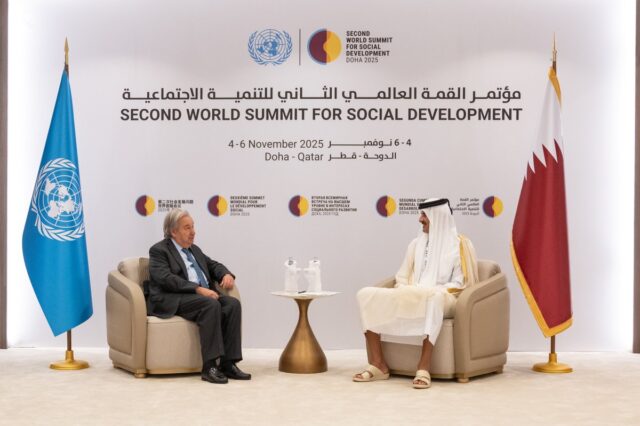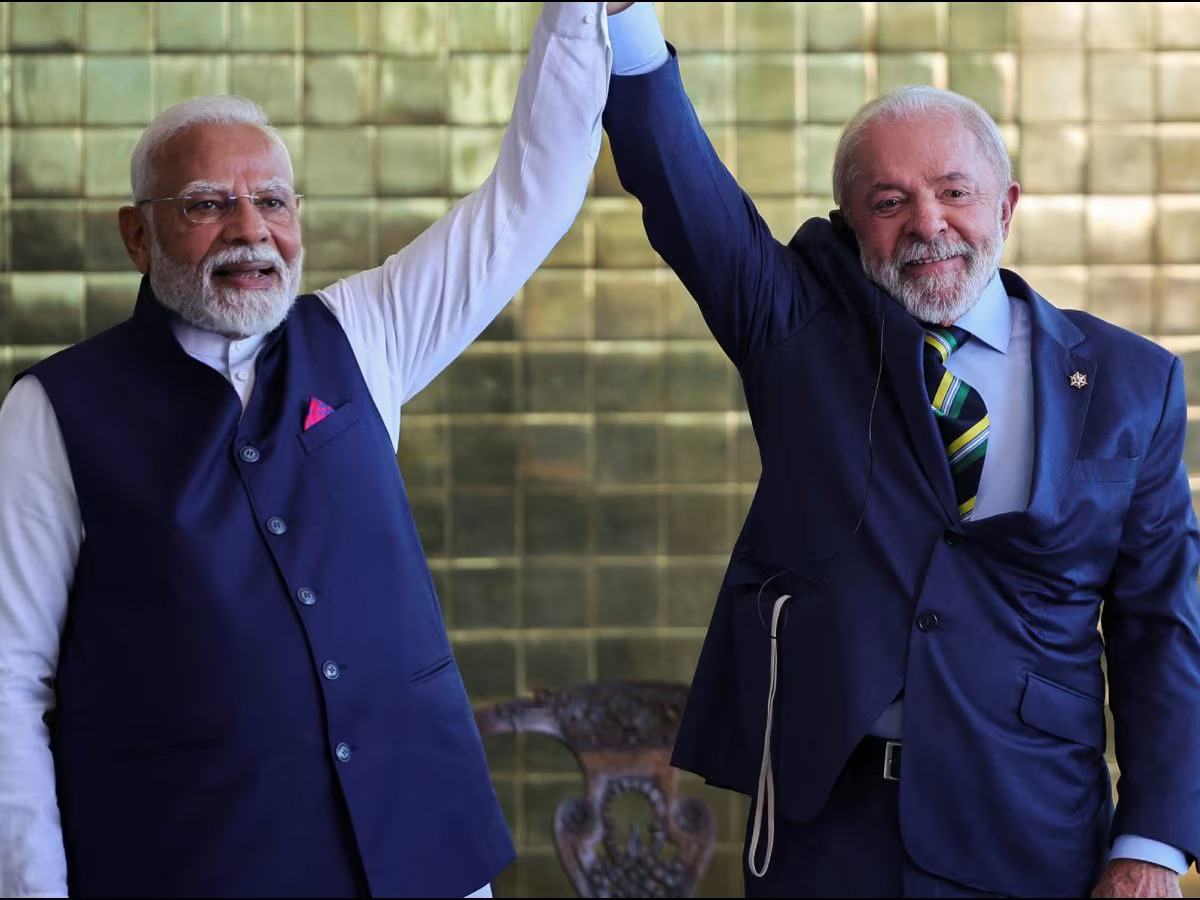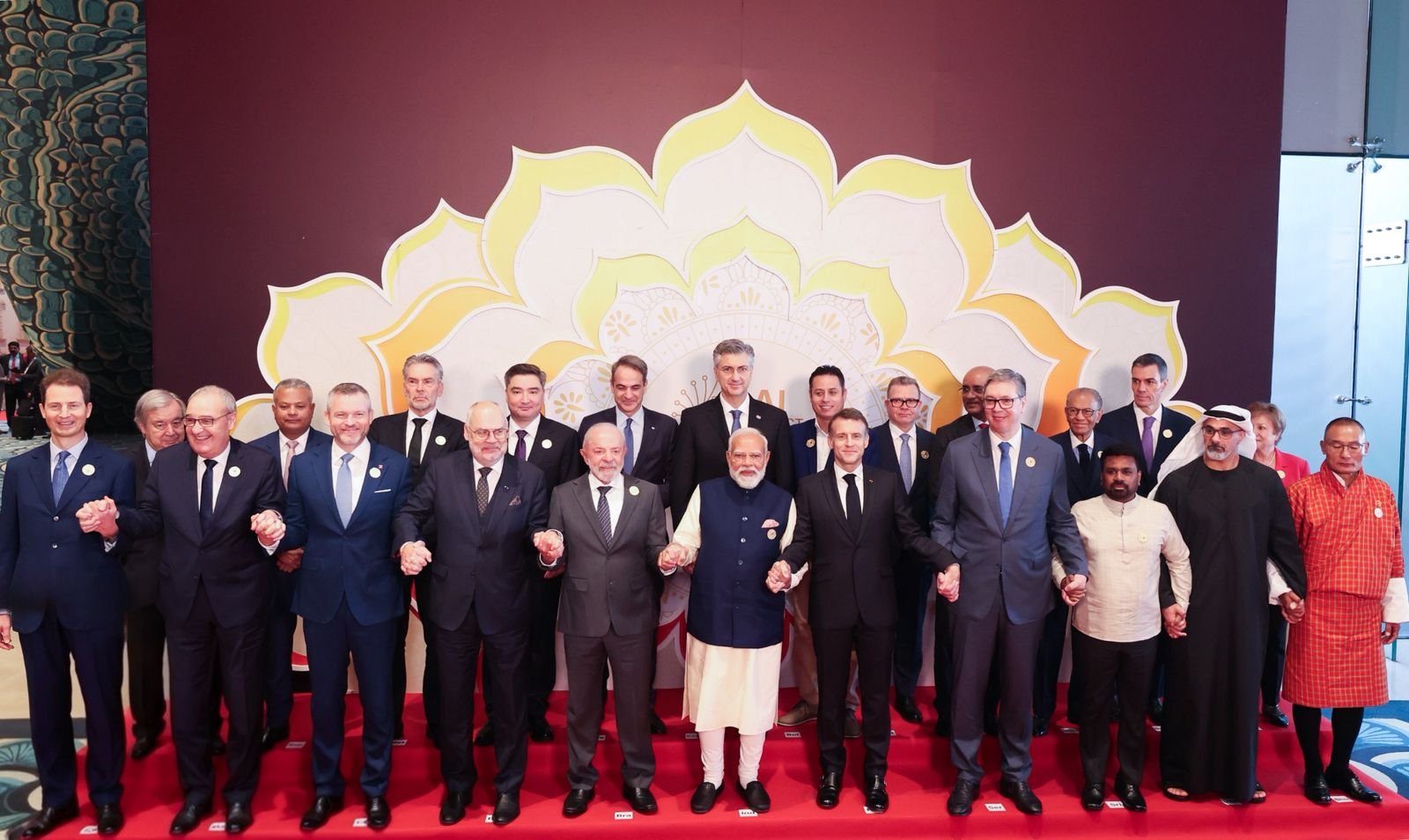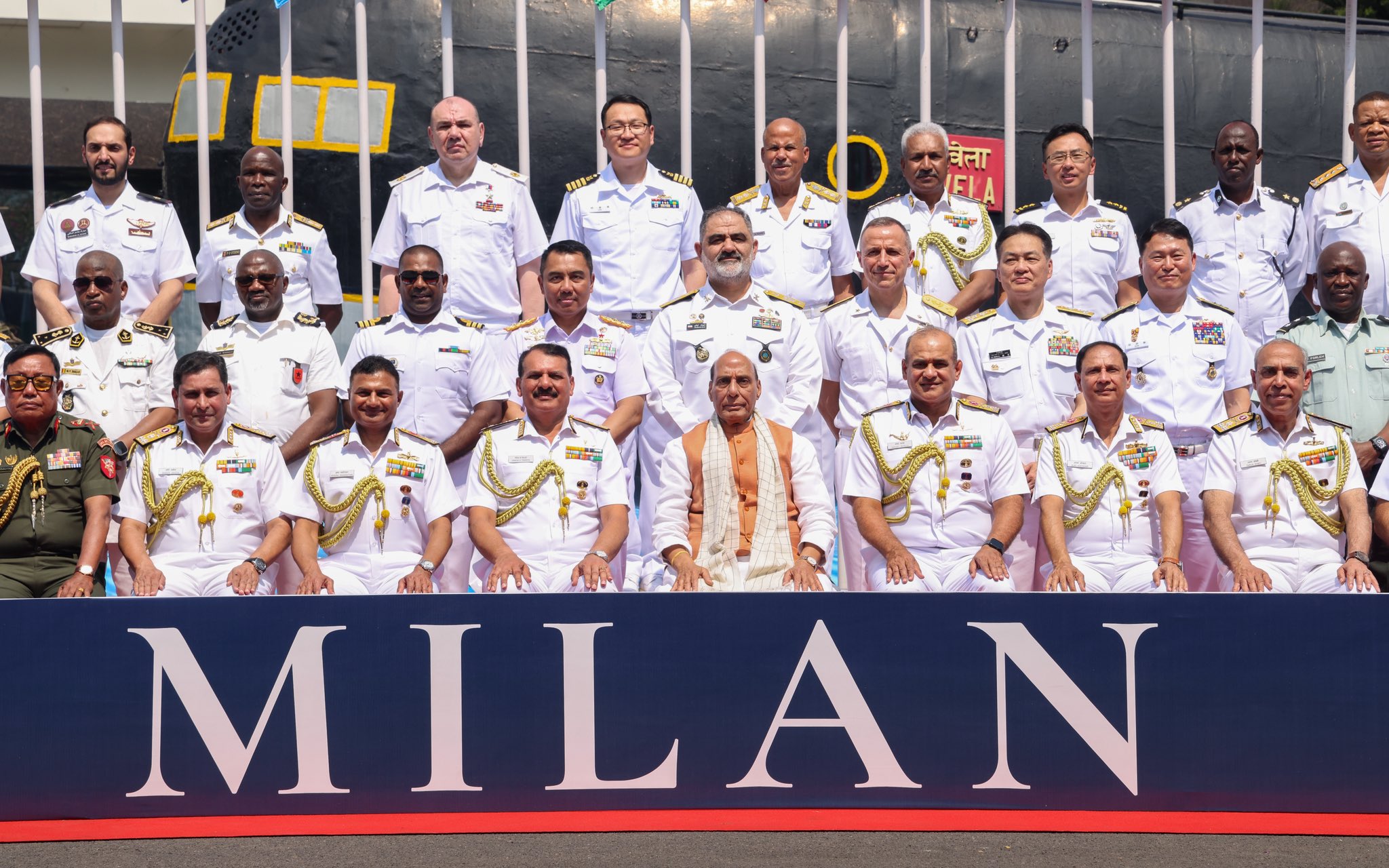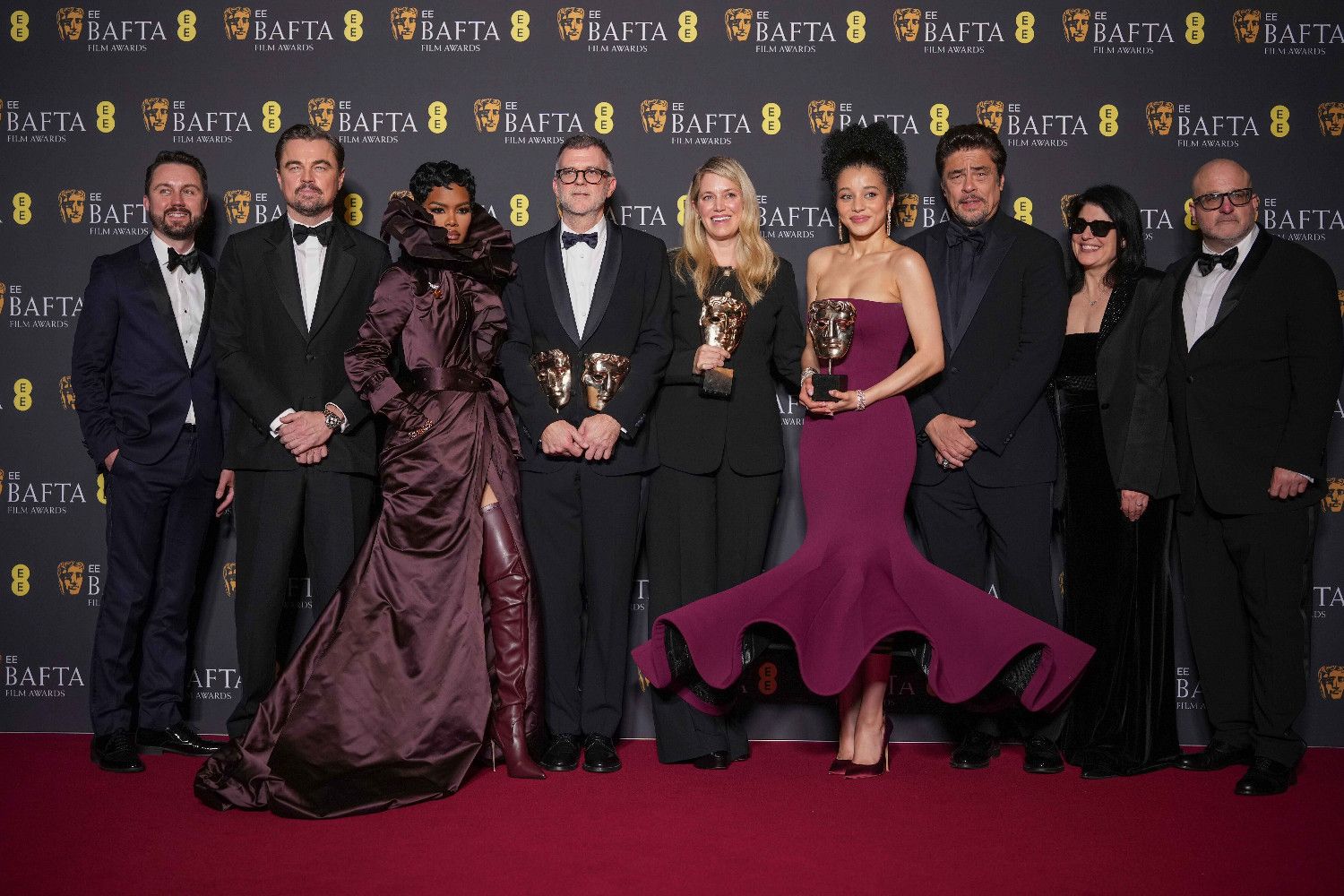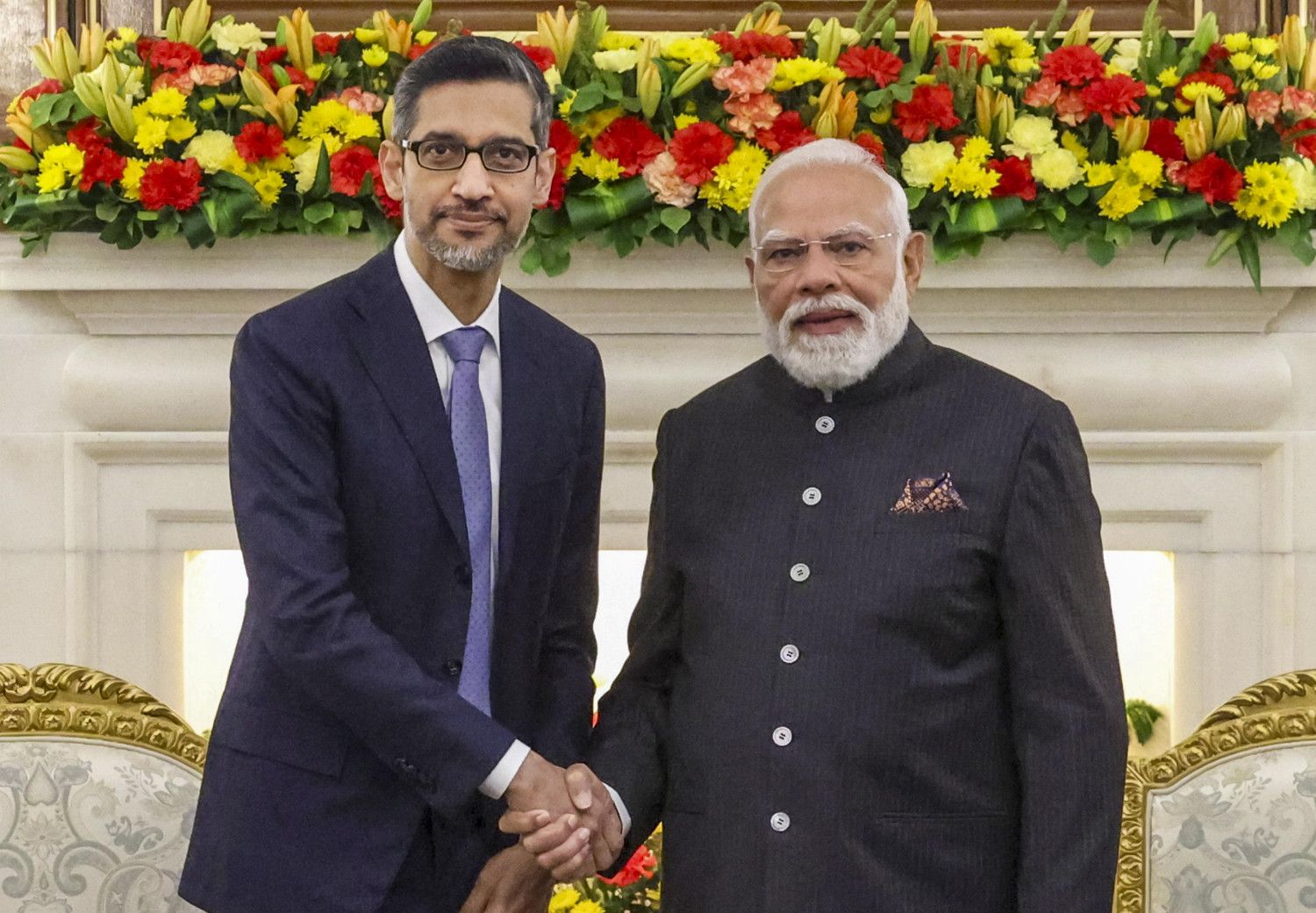World leaders, experts and young delegates have gathered in Doha from 4-6th November, 2025, for the Second World Summit for Social Development, a landmark United Nations event aimed at tackling poverty, inequality and the future of work. It is the first time a UN summit of this scale has been held outside New York or Geneva, underscoring Qatar’s growing role as a convener of major international discussions. The ceremonial handover of the Qatar National Convention Centre (QNCC) to the United Nations on Sunday marked the formal start of the week-long event. Senior officials from both Qatar and the UN attended the flag-raising ceremony, joined by security officers from the UN and Qatar’s Lekhwiya force.
Speaking at the ceremony, Li Junhua, the UN Under-Secretary-General for Economic and Social Affairs, described the occasion as a moment of shared purpose. “This moment formally marks the handover of this landmark facility to the United Nations,” he said. “The QNCC is now transformed into a space where the global community will gather to advance solutions and renew hope.”
Qatar’s Secretary-General of the Ministry of Foreign Affairs, Ahmad Hassen Al-Hamadi, welcomed delegates and reaffirmed the country’s commitment to fostering dialogue and cooperation. “We are confident that this Summit will provide a pivotal opportunity to reaffirm political will and accelerate transformative action to achieve social development and justice for all,” he said, referencing the 2030 Agenda for Sustainable Development.
A Global Gathering at a Critical Moment
Over the next three days, more than 8,000 participants – including heads of state, ministers, UN officials, civil society leaders and youth representatives – will engage in plenaries and roundtable sessions exploring social protection, inclusion, decent work and inequality. UN Secretary-General António Guterres is expected to address the opening ceremony, where he will reflect on progress since the first Social Summit in Copenhagen in 1995, while highlighting the persistence of poverty, widening inequalities and economic uncertainty. Adding colour to the opening day, a special aerial performance organised by the Education Above All Foundation saw parachutists descend over the convention centre, each carrying a flag representing one of the 17 Sustainable Development Goals (SDGs). The display, greeted by applause, symbolised unity and the shared pursuit of inclusive development.
Youth Voices Take Centre Stage
In a bid to engage younger audiences, UN DESA collaborated with Mark Lee, a Korean-Canadian member of the global K-pop group NCT, to release a short video message encouraging reflection on what social progress means today. “Young and old, we have a huge role to play,” he says in the clip. “Our voices, our ideas, our creativity can bring people together. Together, we can show that when we move as one, we can make change happen.”
Qatar’s Emerging Role
In his opening remarks, Emir Sheikh Tamim bin Hamad Al Thani declared that social development must no longer be treated as optional, but as an “existential requirement”. Officials say the summit aligns closely with Qatar’s new “From Care to Empowerment” social development strategy (2025–2030), which seeks to strengthen social protection and promote economic inclusion at home and abroad. The raising of the UN and Qatari flags at the venue, organisers noted, was a reminder that social justice and protection stand at the heart of the UN’s mission, not at its margins.
Measuring Progress and Confronting Gaps
Francesco D’Ovidio, Director of the International Labour Organization’s office in Doha, pointed to tangible gains since 1995, including a reduction in child labour, higher school enrolment and a dramatic fall in extreme poverty. “There is good news out there when it comes to indicators that have to do with the world of work,” he said. “However, there are still very, very important challenges.” He warned that the absence of universal social protection remains one of the world’s greatest vulnerabilities. More than 800 million people still live in extreme poverty, with millions more at risk due to climate change, conflicts and rapid technological disruption. From the European Commission, officials emphasised the economic as well as moral case for gender equality. The EU Pay Transparency Directive, they said, aims to ensure men and women receive equal pay for equal work — a measure seen as both fair and economically sound. “Gender equality is part of our social model,” one representative noted, “but it should be part of our economic model as well.”
Looking Ahead
The summit’s agenda is broad but focused: eradicating poverty, expanding decent work, advancing digital inclusion and ensuring resilient, well-financed social protection systems. Alongside the main sessions, a series of parallel forums are taking place — including the Global Alliance Against Hunger and Poverty, the Doha Solutions Forum for Social Development, a Private Sector Forum, and youth and civil society gatherings representing all regions. As discussions unfold in Doha, delegates are being urged to transform commitments into action — and to rekindle the spirit of global solidarity that defined the original Copenhagen Summit thirty years ago.

